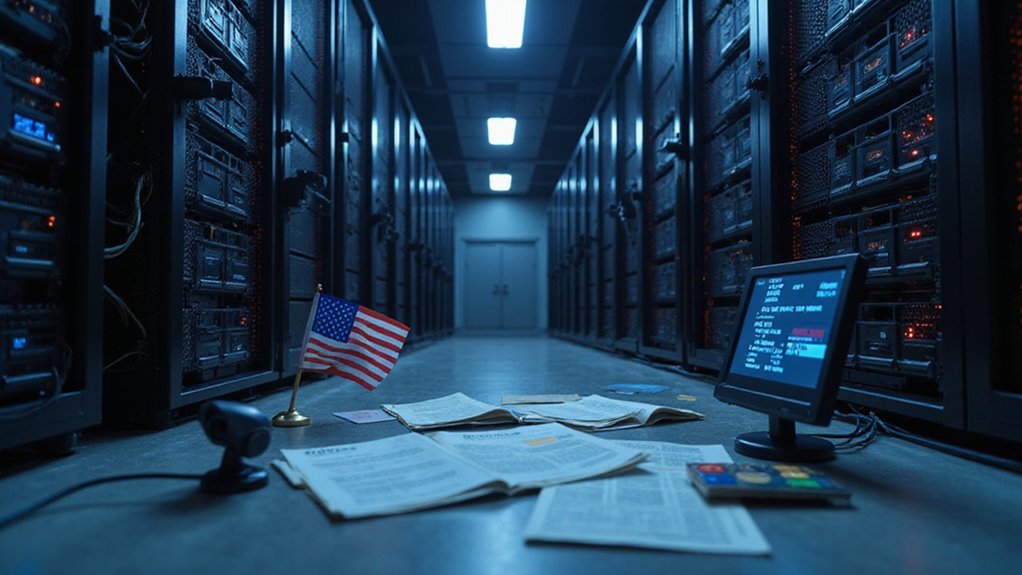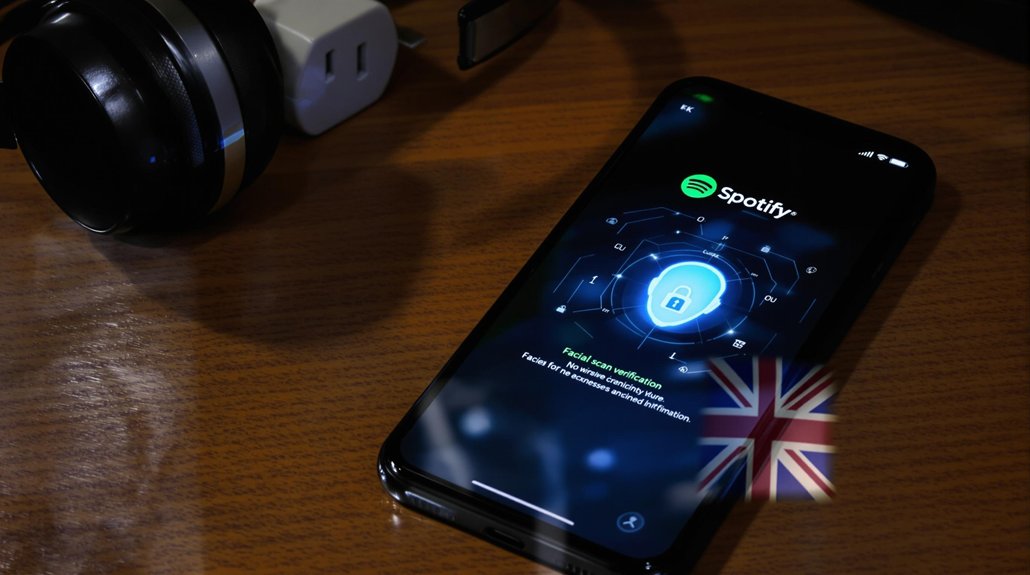Americans’ private financial data is being collected on a massive scale by U.S. intelligence agencies without their knowledge. A declassified report from the Office of the Director of National Intelligence (ODNI) confirmed in January 2022 that U.S. spy agencies are buying commercially available information about citizens. This report, released after a request from Senator Ron Wyden (D-OR), shows that intelligence agencies have found a way to access data they would typically need warrants to obtain.
U.S. spy agencies are bypassing warrant requirements by purchasing Americans’ private data through commercial channels.
The surveillance extends far beyond people suspected of crimes. Federal agencies like FinCEN and the FBI gathered financial information from major institutions including Bank of America, PayPal, Charles Schwab, and HSBC. These agencies used keyword filtering that targeted transactions with terms like “MAGA” and “TRUMP,” as well as purchases at stores like Cabela’s, Bass Pro Shop, and Dick’s Sporting Goods.
The scale of this surveillance likely affects millions of Americans, particularly those with conservative viewpoints or Second Amendment interests. The monitoring even tracks purchases of books, religious texts, and firearms-related items. Most concerning to privacy advocates is that this surveillance happens without court oversight.
The data collection isn’t limited to financial records. Intelligence agencies purchase vast amounts of information from connected vehicles, web browsing history, smartphones, and detailed location data showing citizens’ movements. The 16 U.S. intelligence agencies spend approximately $37 billion on data, with much of that budget going toward collection and analysis.
This practice exploits what experts call the “data broker loophole.” Without extensive privacy laws in the United States, government agencies can effectively “buy their way around the Fourth Amendment.” Data brokers collect information from internet-connected devices, phone apps, vehicles, and web browsing, then make it available for purchase. This commercially available information has grown to a scale that effectively resembles intrusive surveillance techniques previously requiring specialized operations.
Senator Wyden has stated that existing policies have “failed to provide essential safeguards for Americans’ privacy.” Congress now faces growing calls to pass legislation that would prohibit government agencies from circumventing legal privacy protections through commercial purchases. The report alarmingly reveals that this data can be deanonymized to identify specific individuals, creating serious risks for personal privacy.
References
- http://judiciary.house.gov/media/press-releases/new-report-exposes-massive-government-surveillance-americans-financial-data
- https://san.com/cc/report-finds-us-spy-agencies-are-buying-americans-personal-data/
- https://techcrunch.com/2023/06/13/us-intelligence-report-purchase-americans-personal-data/
- https://www.brennancenter.org/our-work/research-reports/closing-data-broker-loophole
- https://www.darkreading.com/cyber-risk/u-s-spy-agencies-spend-37-billion-on-data









